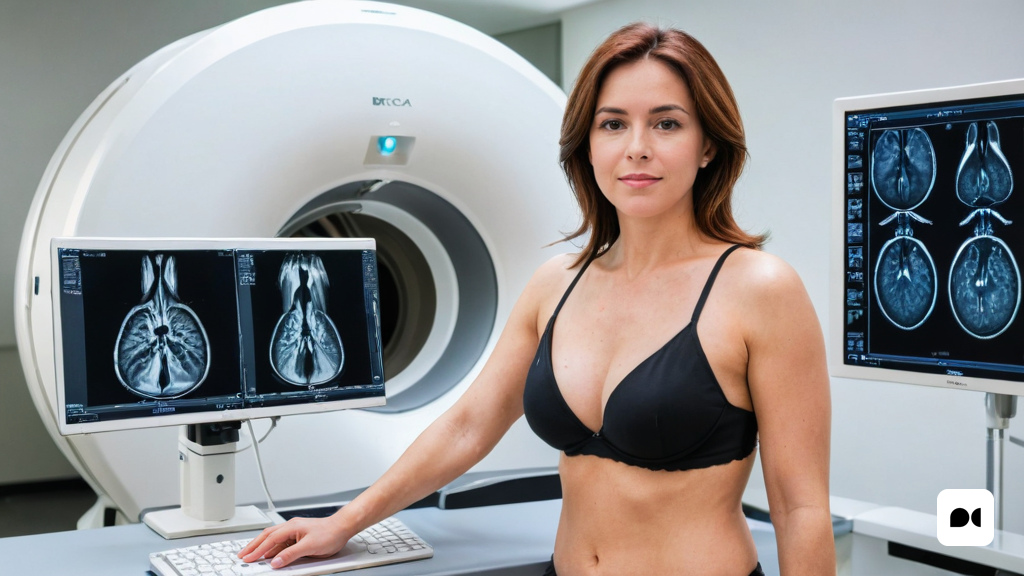An international study reveals the benefits of MRI surveillance
An international study in which the Sant Pau Research Institute has participated has revealed that surveillance through annual magnetic resonance imaging in women with mutations in the BRCA1 genes significantly reduces breast cancer mortality without the need to resort to preventive mastectomy. This research, which includes data from 2,488 women from 59 centers in 11 countries, highlights the reduction in mortality associated with early detection without the need for invasive surgical interventions (https://www.softcatala.org/resum-de-textos- in Catalan/).
Results of the study
The study analyzes data from women with pathogenic variants of the BRCA1 or BRCA2 genes. With an average follow-up of 9.2 years, the results have shown a remarkable decrease in the mortality rate among participants with BRCA1 sequence variations (https://www.softcatala.org/resum-de-textos-en-catala /).
The average entry age of the participants was 41.2 years. Of the 2,488 women, 1,756 (70.6%) had at least one MRI test as part of the surveillance program, while 732 (29.4%) did not have an MRI test. After a mean follow-up of 9.2 years, 344 women (13.8%) developed breast cancer, and 35 (1.4%) died of this disease (https:// www.softcatala.org/resum-de-textos-en-catala/).
Implications and utility of radiological surveillance
The results obtained open the door to the evaluation of the impact of magnetic resonance surveillance in women with mutations in the BRCA2 gene and other genes associated with the risk of breast cancer, and consolidates the utility of radiological surveillance among the strategies of prevention for high-risk women (https://www.softcatala.org/resum-de-textos-en-catala/).
The Sant Pau Research Institute asserts that this study highlights the potential of non-invasive monitoring techniques as the preferred method for breast cancer risk management in women with susceptibility to developing breast cancer. This research reaffirms the importance of personalized preventive counseling for people who inherit a predisposition to cancer (https://www.softcatala.org/resum-de-textos-en-catala/).
References
Source: Sant Pau Research Institute

